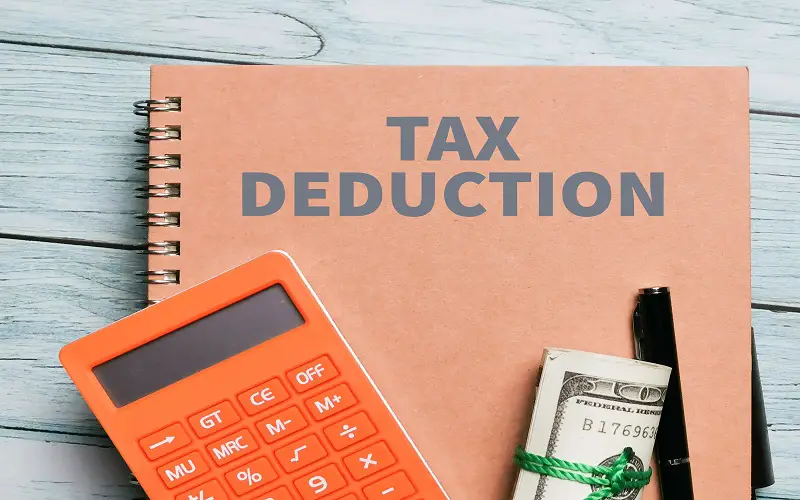You’ll discover that diversifying your investments is a smart move. Also, you’ve definitely heard that purchasing rental properties may generate a sizable, continuous cash flow. You are aware, however, that real estate deductions may also help your financial status at tax time. The tax time for the 2023 years is already behind us, but you can file for a 2023 tax filing extension to avoid paying more penalty.
You just need to take care of the following are things:
Organize your expenses
One of the major financial advantages of your revenue stream is your readiness to deduct real estate expenses. The following expenses are deductible for the executives, the activity, and package maintenance:
- Property evaluations
- the protection of real estate
- Mortgage interest rates (self-employed mortgage)
- expenses for property management
- The cost of maintenance and repairs of buildings
- Charges for time-based depreciation
Depreciation is the gradual loss of a resource’s value over time, typically caused by anticipated wear and use. Investors in real estate who own rental buildings that bring in money may deduct depreciation as a 1099 tax deduction. That implies that you will reduce your taxable income, which may result in a reduction in your tax liability.
Implement the pass-through deduction
Whether you own rental property as a solo owner, through a firm, an LLC, or a S Corp, the money you receive from a lease is treated as QBI (known as pass-through components).
Acquire capital gains and put them to use
It is important to comprehend both short- and long-term types. Each of these will have a surprise effect on your tax status.
Gains from short-term investments:
Any profit made from selling a resource within a year after buying it qualifies as a short-term capital gain. This ensures that the gain is considered for determining compensation. If you opt not to sell, be aware that it can negatively affect your taxes.
Long-term capital gains: You’ll be able to keep more of your profits by holding off until the anniversary of your purchase. But, if you sell a resource you’ve owned for a year or longer, you make a long-term capital gain.
Using incentive programs, defer taxes
Sometimes the government will develop a special assessment code to draw in extra funding. Two noteworthy real estate tax breaks are shown below: chance zones and 1031 exchanges.
It is vital to compensate those who reinvest their real estate advantages into new contracts, which is why 1031 transactions are required. As long as the new property you buy is equivalent to or significantly more valuable than the one you sell, you are allowed to swap the properties for tax purposes under the program.
“Opportunity zones” are areas of land that are undervalued or burdened. To entice investors to contribute funds to the development and growth of these networks’ economies, the Tax Cuts and Jobs Act gives tax benefits. Your concealed cash gain is invested by a number of participants in a Qualified Opportunity Fund. The asset provides funding for employment in the chosen area. When calculating the 1099 benefits through FlyFin, use your 1099 tax calculator. It might be wise to research self-employed IRAs and self-employed health insurance.
Bottomline
You must claim a tax deduction for your real estate consulting firm in order to profit from renting out or selling your home.

